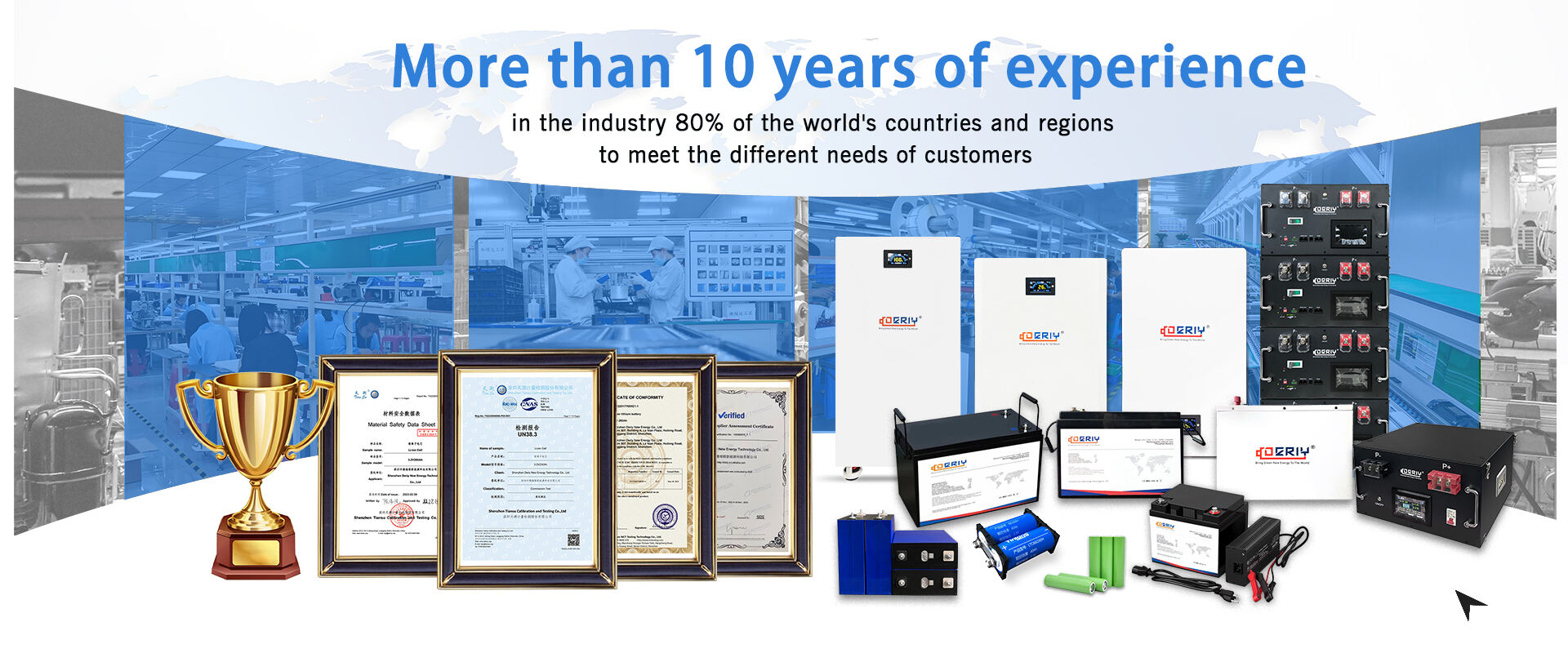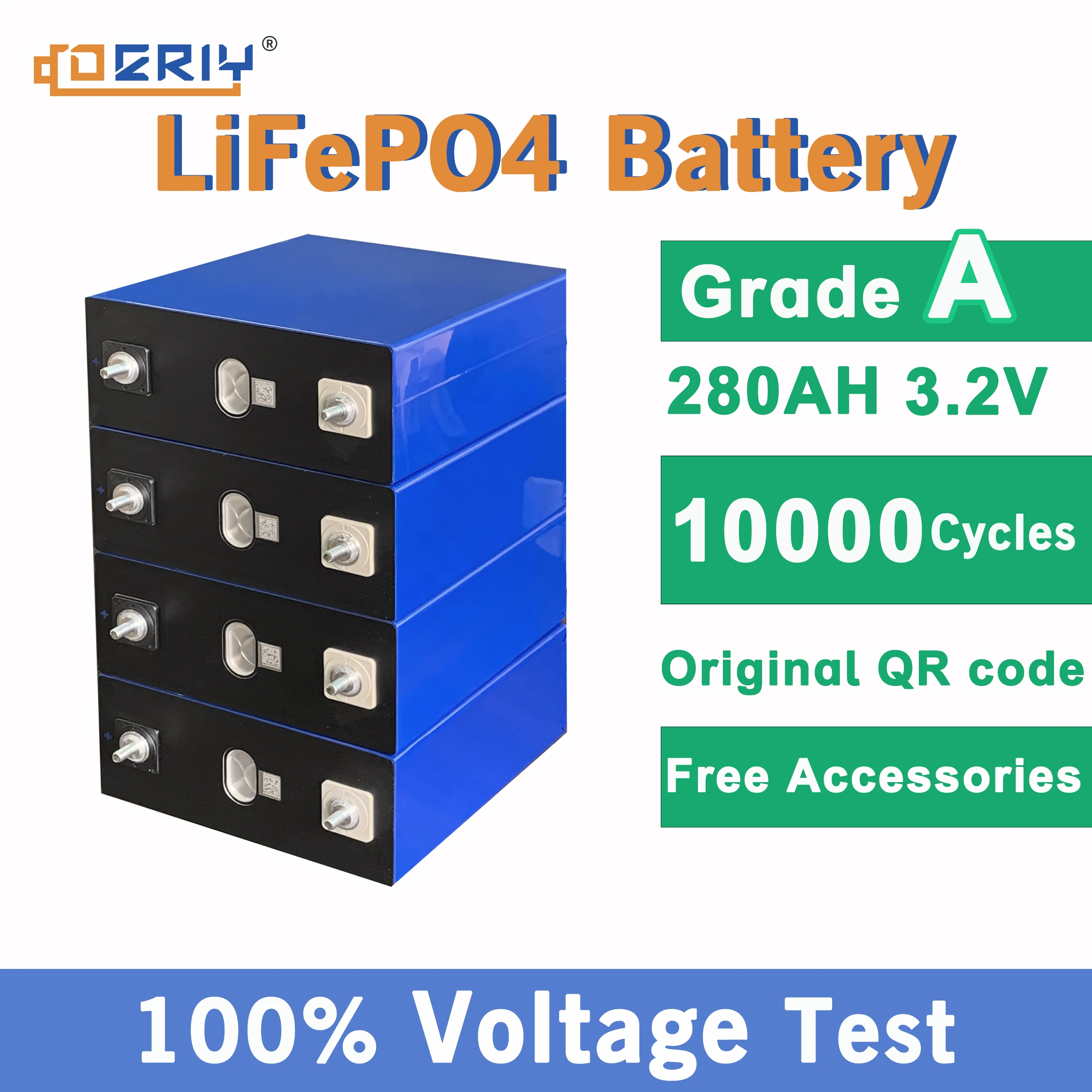
A deep cycle solar battery is useful for applications that require frequent discharge and recharge cycles, like off-grid solar systems, since they need continuous power supply over long durations. Lead acid and lithium-ion are some of the most common types of deep cycle batteries. Compared to lead acid batteries, lithium-ion deep cycle batteries are superior due to offering higher energy density and longer lifespan. In addition, they also endure deeper discharge cycles without significant damage, making them suitable for solar energy storage where reliable power supply is a must.
